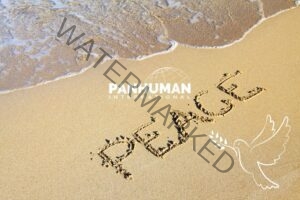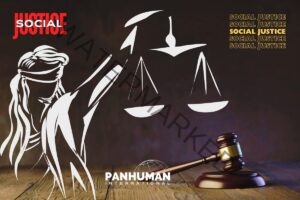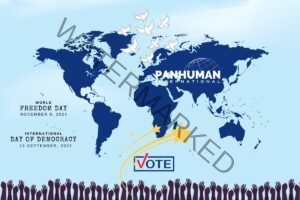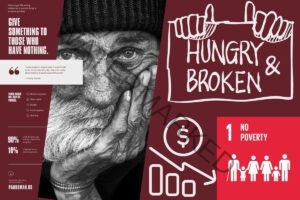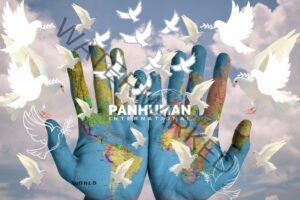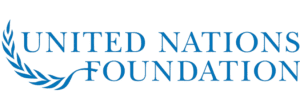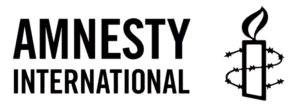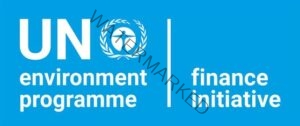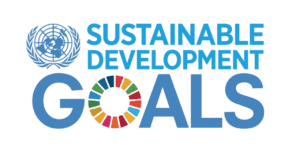The United Nations (UN) was established in 1945 with the noble mission of promoting international cooperation, preventing conflicts, and fostering peace. However, as the world has evolved significantly since its inception, so too have the challenges it faces. Today, the need for a reformed, more democratic United Nations has become urgent. Enhancing democratic structures within the UN is essential for lasting global peace, efficient conflict prevention, and the fostering of genuine international cooperation. Here we will explore why democratizing the United Nations is not only timely but imperative, and what that might look like.
The Current UN Structure: An Outdated Power Dynamic
 The UN’s current structure, particularly within the Security Council, reflects a post-World War II world. Five permanent members (the P5) — the United States, the United Kingdom, France, China, and Russia — hold veto power, allowing any one of these countries to unilaterally block resolutions, regardless of majority support among the other members. This structure often prevents collective action on crucial global issues and weakens the UN’s credibility. For example, repeated Security Council deadlock over conflicts in Syria and Ukraine illustrates how the P5’s differing national interests can paralyze action.
The UN’s current structure, particularly within the Security Council, reflects a post-World War II world. Five permanent members (the P5) — the United States, the United Kingdom, France, China, and Russia — hold veto power, allowing any one of these countries to unilaterally block resolutions, regardless of majority support among the other members. This structure often prevents collective action on crucial global issues and weakens the UN’s credibility. For example, repeated Security Council deadlock over conflicts in Syria and Ukraine illustrates how the P5’s differing national interests can paralyze action.
Moreover, the global south — home to the majority of the world’s population and facing some of its most pressing issues — lacks proportionate representation. This imbalance reinforces an unequal power dynamic where the voices of many countries are sidelined. Reforming the UN to reflect the diverse perspectives of a multipolar world would give more countries a stake in its decision-making processes and ensure that the concerns of smaller nations are adequately represented.
Strengthening Conflict Prevention and Peacekeeping Efforts
A more democratic UN would help ensure that peacekeeping efforts and conflict prevention strategies are more aligned with the needs and realities on the ground. Currently, the Security Council’s decisions on peacekeeping missions are sometimes swayed by the political or economic interests of the P5, rather than by the needs of the affected regions. A reformed UN would grant equal decision-making authority to more countries, thereby increasing the focus on consensus-driven, humanitarian-based interventions.
The impact of such reform could be transformative. With more inclusive decision-making, peacekeeping missions would be less vulnerable to geopolitical influences and more effective at addressing the root causes of conflict. Additionally, giving more weight to the voices of countries in conflict-prone areas would allow for localized, context-sensitive peace initiatives that foster lasting stability rather than temporary cessation of hostilities.
Enabling Fair and Comprehensive Policy-Making
Democratizing the UN would make the organization more agile and responsive to a wider array of global challenges, such as climate change, economic inequality, and global health crises. Right now, these issues are often addressed in a fragmented manner because the Security Council’s focus remains disproportionately on traditional security threats. However, peace in today’s world also requires sustainable development, environmental preservation, and social justice.
A more democratic UN could prioritize comprehensive, forward-looking policies that address both direct and indirect drivers of conflict. For instance, climate change is increasingly recognized as a “threat multiplier,” exacerbating poverty, displacement, and competition over resources. A reformed UN with a mandate to act on climate-driven instability could create preventative policies that build resilience in vulnerable communities, helping to forestall crises rather than merely reacting to them.
Enhancing Global Trust and Legitimacy
The UN’s credibility and moral authority hinge on its perceived fairness and representativeness. For many, the current structure paints the organization as a mechanism for the powerful rather than a voice for the global community. This perception erodes trust, especially among smaller and developing nations that often feel sidelined or ignored. A more democratic UN would bolster its legitimacy by showing a commitment to equal representation and fair process.
Increased trust in the UN would, in turn, empower the organization to mediate disputes more effectively. When all member states, large and small, have a genuine say, they are more likely to view the UN’s rulings as legitimate and to respect its resolutions, thus enhancing the chances of peaceful dispute resolution.
Encouraging Responsible Global Governance
With greater democracy within the UN, the organization would also have more leverage to hold powerful countries accountable to international norms and laws. Presently, P5 members can shield themselves from accountability using their veto power, undermining the principles of international law. A more democratic structure, where decisions reflect the will of the majority, would help ensure that all countries are held to the same standards. Such changes would foster a culture of responsible governance, where no state is above the rule of law.
Key Reforms for a More Democratic UN
-
Revising Security Council Membership: Expanding the Security Council to include permanent seats for countries from Africa, Latin America, and South Asia would improve regional representation. Additionally, limiting or removing the veto power would prevent any single nation from blocking decisions with global support.
-
Creating a Democratic Voting System: The UN General Assembly could be given more authority to balance the power of the Security Council, particularly on non-security issues. Implementing weighted voting could ensure that large and small states alike are proportionately represented in key decisions.
-
Strengthening Regional Alliances: Empowering regional alliances within the UN framework, such as the African Union or ASEAN, could bring valuable insights into the organization’s work and enhance the efficacy of peacekeeping and humanitarian efforts.
-
Establishing Accountability Mechanisms: Enforcing accountability for P5 countries and other powerful states would reinforce the principles of international law. This might include mandating independent reviews of Security Council decisions and requiring justification for vetoes, should they remain in place.
A Call for Collective Action
To fulfill its founding mission of global peace and stability, the United Nations must evolve to better reflect the diverse interests of its members and address the realities of today’s interconnected world. A more democratic UN would be more representative, accountable, and responsive, fostering a fairer and more peaceful global community. Reforms are not merely institutional adjustments; they are a renewed commitment to an enduring vision of peace, justice, and global cooperation.
As citizens, advocates, and leaders around the world push for change, it is crucial to unite behind this vision and call upon our governments to work for a reformed, democratic United Nations that can truly embody the aspirations of the global community for peace and prosperity.
PANHUMAN INTERNATIONAL: For Peace. For Humanity. For Progress.
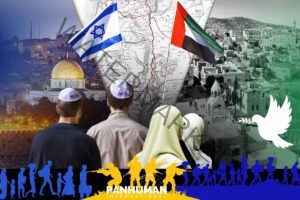

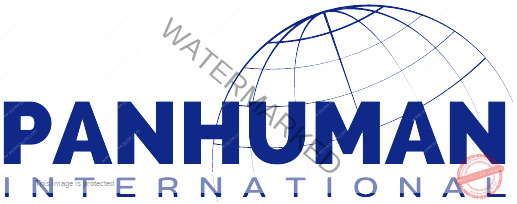
 The UN’s current structure, particularly within the Security Council, reflects a post-World War II world. Five permanent members (the P5) — the United States, the United Kingdom, France, China, and Russia — hold veto power, allowing any one of these countries to unilaterally block resolutions, regardless of majority support among the other members. This structure often prevents collective action on crucial global issues and weakens the UN’s credibility. For example, repeated Security Council deadlock over conflicts in Syria and Ukraine illustrates how the P5’s differing national interests can paralyze action.
The UN’s current structure, particularly within the Security Council, reflects a post-World War II world. Five permanent members (the P5) — the United States, the United Kingdom, France, China, and Russia — hold veto power, allowing any one of these countries to unilaterally block resolutions, regardless of majority support among the other members. This structure often prevents collective action on crucial global issues and weakens the UN’s credibility. For example, repeated Security Council deadlock over conflicts in Syria and Ukraine illustrates how the P5’s differing national interests can paralyze action.